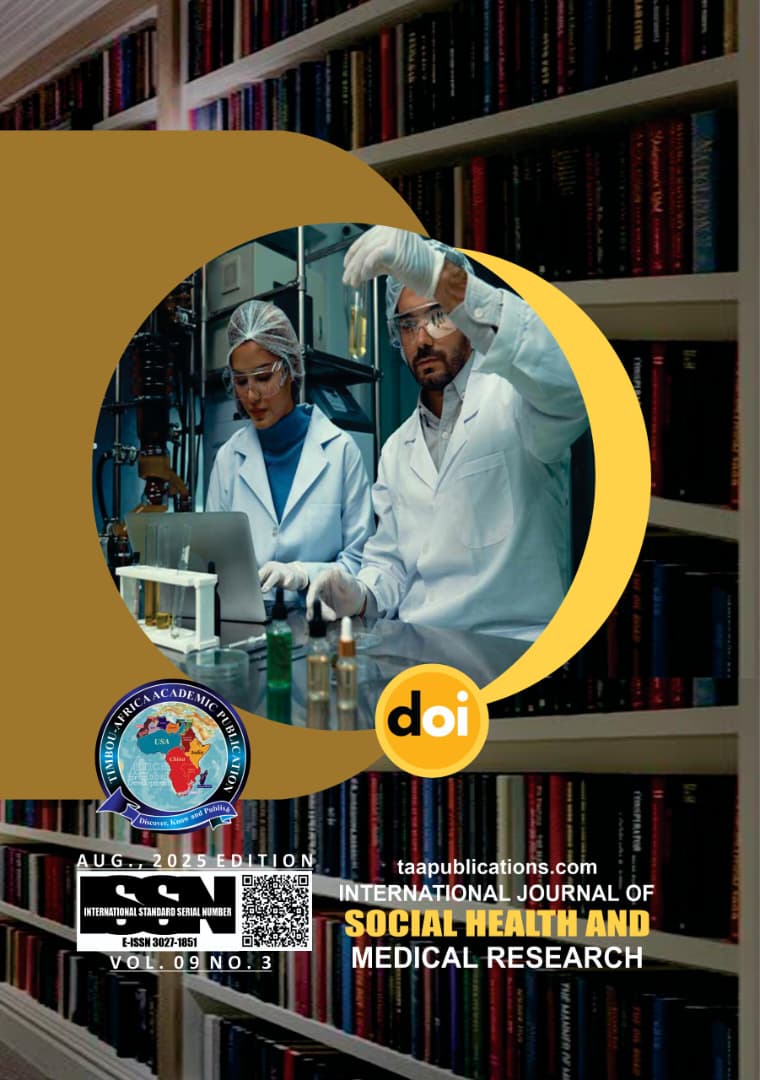BACTERIOLOGICAL QUALITY OF PASTEURIZED MILK SOLD IN MAIDUGURI METROPOLIS, BORNO STATE, NIGERIA

Abstract
The microbial quality of milk products is essential because it determines the presence and concentration of microorganisms, which can impact their safety and shelf life. The diverse array of nutrients present in milk makes it an optimal environment for the proliferation of microorganisms, leading to spoilage. This study aimed to evaluate the bacteriological quality and microbial load of pasteurized milk and yogurt samples retailed in Maiduguri Metropolis. In total, 100 samples were collected and subjected to bacteriological analysis to identify the presence of pathogens and spoilage microorganisms. Five different brands of commercial milk samples, including pasteurized milk and yogurt, were purchased from retail outlets in Metropolis at the five selected markets. The samples were analysed for standardization using the method of the International Organization for Standardization (ISO 4833-1:2013) for the enumeration of total bacterial counts (TBC) and specific microbial flora, including fecal coliforms, and pathogenic microorganisms. The prepared samples were aseptically inoculated into the appropriate culture media. After an appropriate incubation period of 72 hours at 30°C in an incubator, a colony counter was employed to calculate the colonies of microorganisms on each culture plate. The microbial population was quantified and recorded as CFU/mL. The results indicated that certain pasteurized milk and yogurt samples from Maiduguri metropolitan markets exhibited elevated microbial loads, including contamination with total coliforms. However, no pathogenic microorganisms such as Salmonella spp., Shigella spp., and Staphylococcus aureus were detected in any of the tested samples. The highest mean total bacterial count (TBC) observed was 5.15 log₁₀ CFU/mL whereas the lowest mean total bacterial count was 4.68 log₁₀ CFU/mL, 20% non-compliance with the SON benchmark limit (p < 0.001). Both pasteurized milk (0.85 log₁₀ CFU/mL) and yogurt (0.78 log₁₀ CFU/mL) exceeded the acceptable SON standards for total coliform counts (p = 0.384). All samples indicated the absence of targeted pathogenic microorganisms, making them safe for consumption.
Keywords
Pasteurized milk, yogurt, Coliforms, Pathogens, Contamination, Microbial Quality, Shelf life